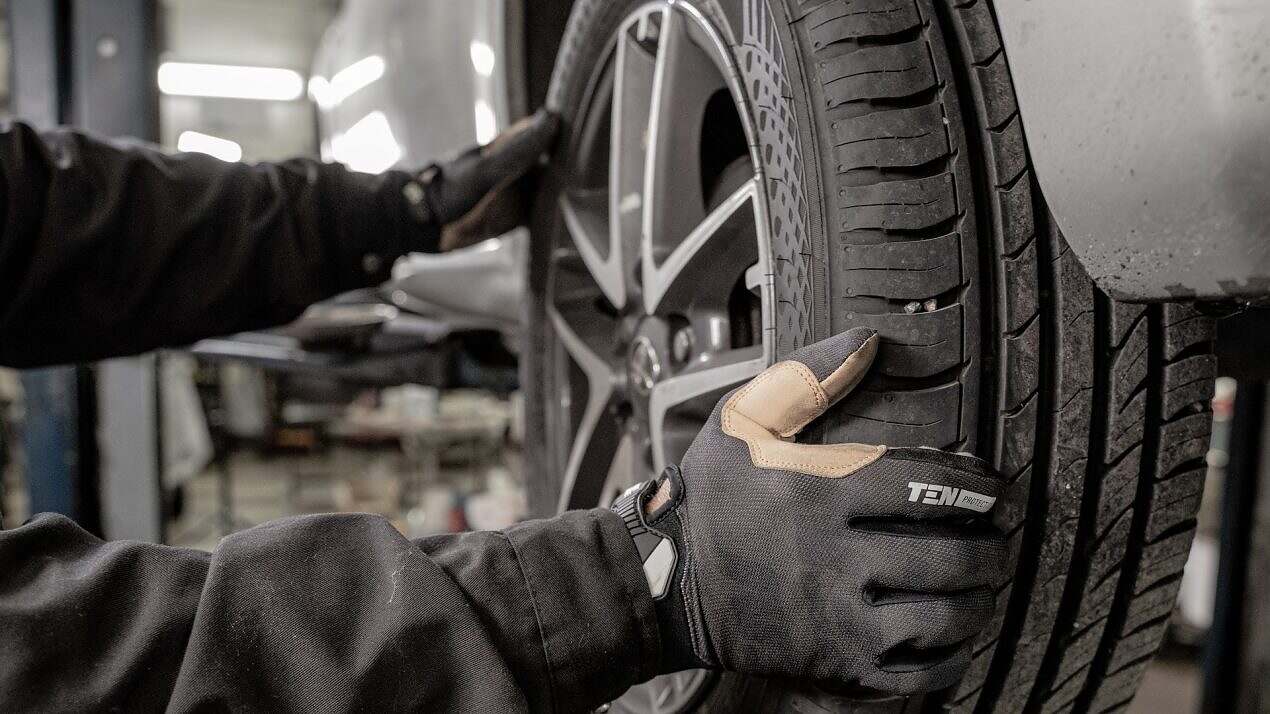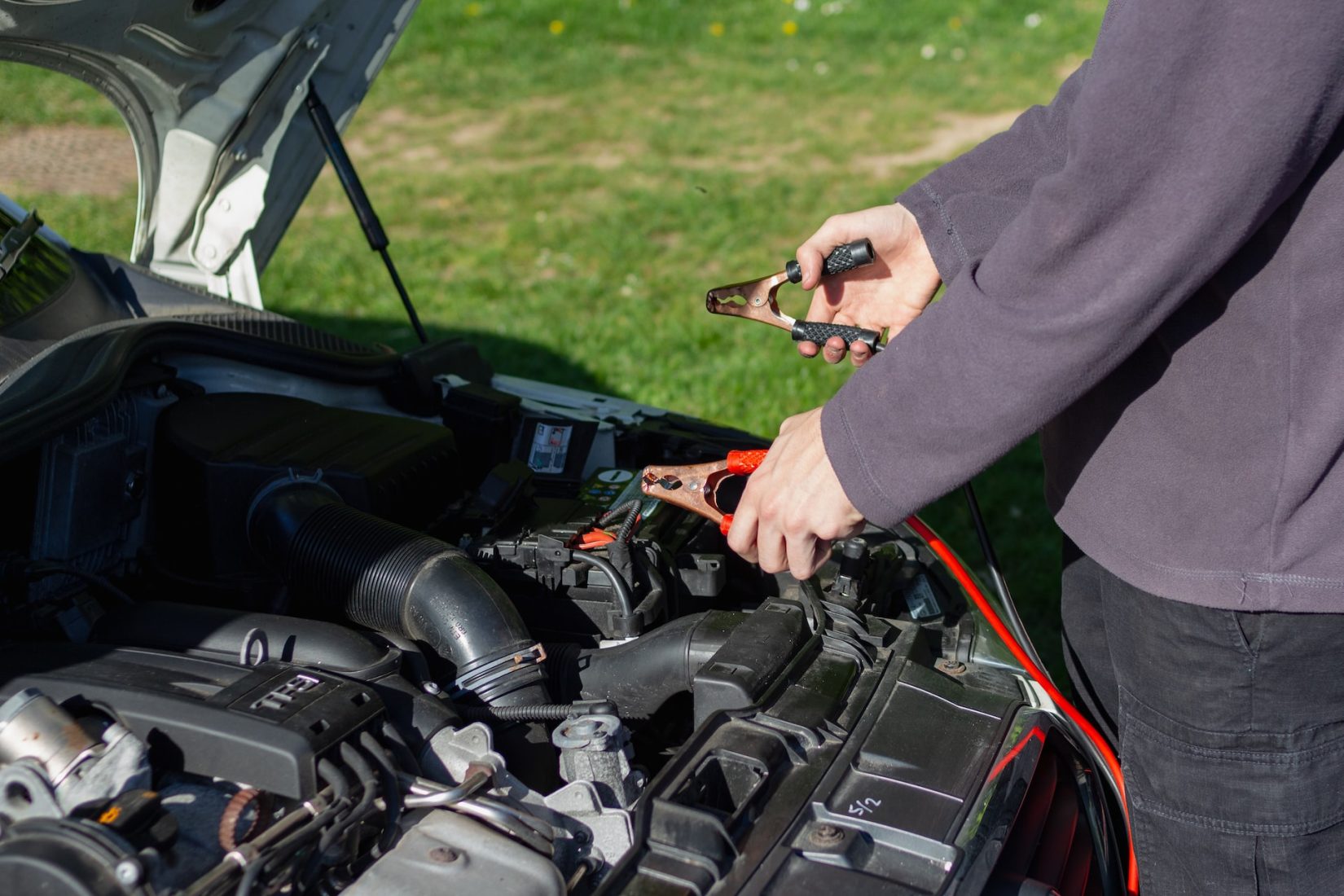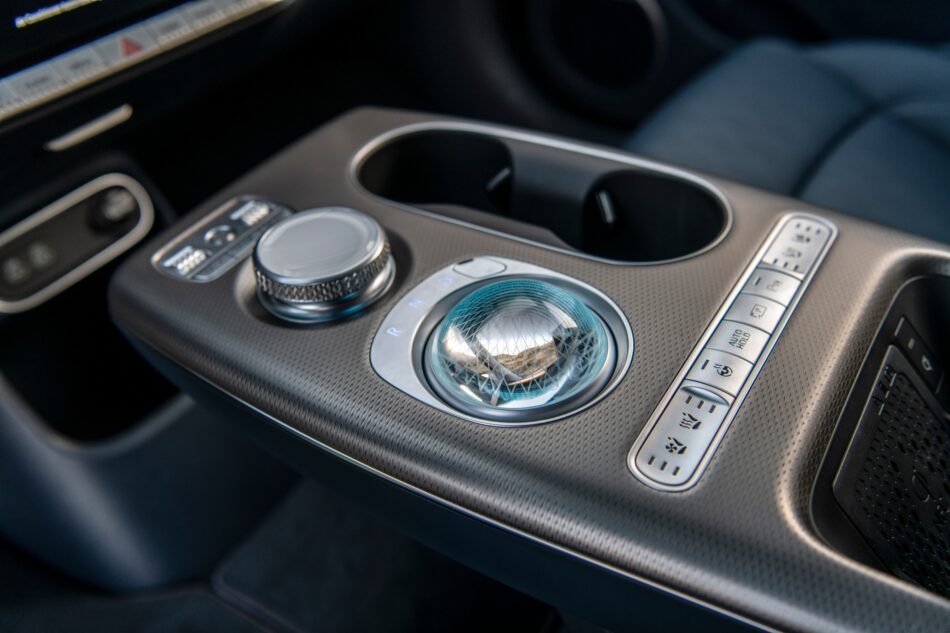Lemon Laws are a crucial aspect of consumer protection legislation designed to safeguard buyers of defective vehicles, and, in broader contexts, other consumer goods.
These laws offer remedies to consumers who find themselves stuck with a “lemon,” a term colloquially used to describe a car or product that has significant manufacturing defects affecting its safety, use, or value. This article explores what Lemon Laws entail and the rights they provide to consumers.
What are Lemon Laws?
Lemon Laws vary from country to country and, within the United States, from state to state. Generally, these laws are intended to protect consumers who purchase new or, in some cases, used vehicles that fail to meet standards of quality and performance.
While the specifics can differ, most Lemon Laws require that the manufacturer or seller rectify the defects within a certain period or number of attempts. If the vehicle cannot be fixed after a reasonable number of attempts, the consumer is entitled to a replacement or refund.
Coverage and Eligibility
The exact coverage and eligibility criteria for Lemon Law protection depend on the jurisdiction. Typically, these laws cover new vehicles that have been purchased for personal, family, or household use.
Some states also cover used vehicles, leased vehicles, and vehicles purchased for business purposes. The defects must usually be reported within a certain timeframe or before the vehicle reaches a specific mileage.
Consumer Rights Under Lemon Laws
- Repair Attempts: Consumers are generally entitled to a reasonable number of attempts to have the defective vehicle repaired. What constitutes a “reasonable number” varies, but it often means three or four attempts.
- Refund or Replacement: If the defect is not fixed within the reasonable number of attempts, the consumer can choose between a replacement vehicle of equal value or a full refund of the purchase price, possibly minus a deduction for the consumer’s use of the vehicle.
- Coverage of Costs: In many cases, Lemon Laws also require the manufacturer to cover the consumer’s costs associated with the lemon, such as repair costs and possibly legal fees if the consumer hires an attorney to handle the Lemon Law claim.
How to Pursue a Lemon Law Claim
To pursue a Lemon Law claim, consumers typically need to follow a specific process, which may include:
- Document Everything: Keep detailed records of all repairs and communications with the dealer or manufacturer.
- Notify the Manufacturer: Officially notify the manufacturer of the defect and your claim under the Lemon Law. This is often done in writing, providing a clear record.
- Arbitration: Some states require that consumers go through an arbitration process before pursuing a lawsuit. Arbitration is a way to resolve disputes outside of court, and it’s usually faster and less expensive.
- Legal Action: If arbitration does not resolve the issue, consumers may have the right to file a lawsuit against the manufacturer. Many consumers choose to hire an attorney specializing in Lemon Law at this stage.
Conclusion
Lemon Laws play a vital role in protecting consumers from defective vehicles, ensuring they are not left with a costly and unsafe product. Understanding these laws and the rights they provide can empower consumers to take action when they find themselves with a lemon.
It’s also beneficial for consumers to be proactive, such as by researching their specific state’s Lemon Law and seeking legal advice when necessary, to navigate the process effectively.



